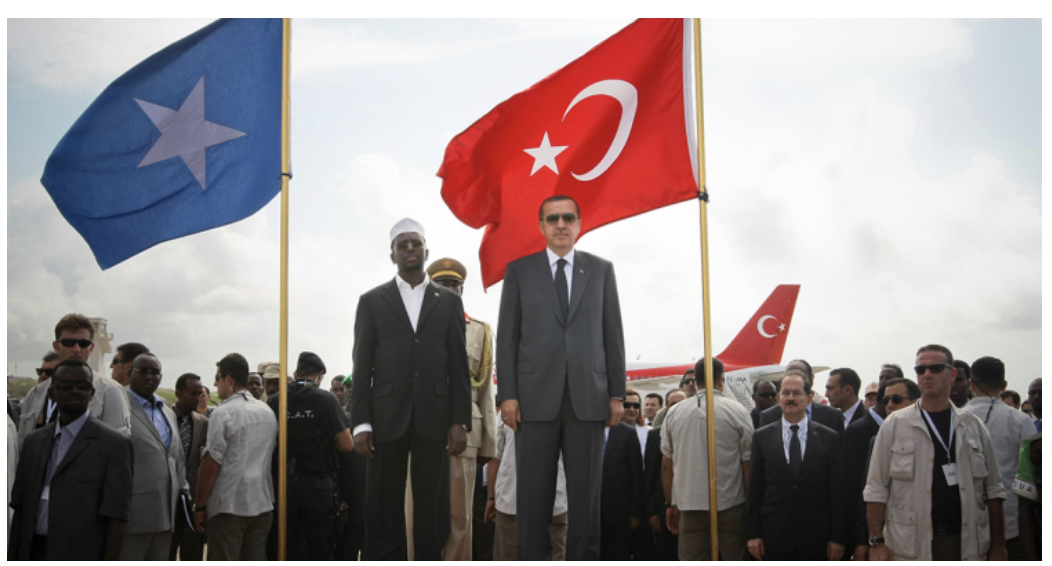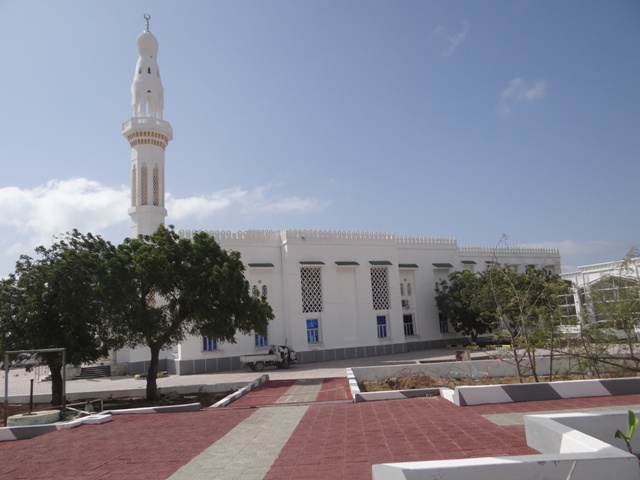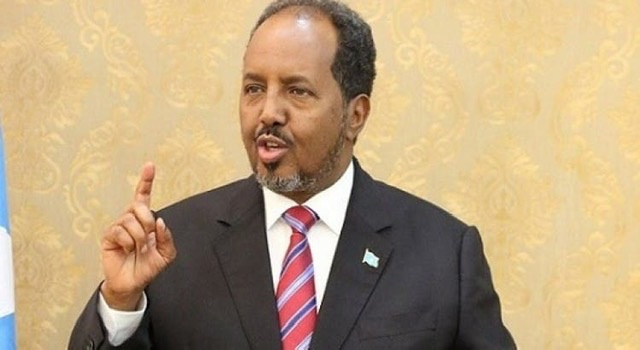Turkey and Qatar are brothers in arms with joint ventures ranging from support for the Muslim Brotherhood to financing Islamists and proxy wars in fragile countries all over the Middle East. Their bond grew stronger during the 2017 Gulf Cooperation Council (GCC) crisis, which pushed them into a geopolitical and geoeconomic alliance…
The GCC crisis also spilled over into Somalia
Beyond the economic issues, Turkey’s involvement in Somalia has also entangled the African country in the broader regional geopolitical dispute between Turkey and Qatar on the one hand and Egypt, Saudi Arabia, and the UAE on the other for influence in the Horn of Africa. While this rivalry seems to be easing at present, as Turkey and Qatar are making efforts to mend relations with Gulf countries and their regional allies, it may flare up again in the future, with consequences for Somalia.
Since 2009, Qatar and Turkey have pressured Somalia’s government to negotiate with al-Shabab, an al-Qaeda affiliated terrorist group based in Somalia. Turkey’s National Intelligence Organization (MIT) has been involved in negotiating the release of an Italian journalist kidnaped by al-Shabab in May 2020 in Somalia. The relationship between Turkish intelligence and al-Shabab was revealed by the Nordic Monitoring Group in 2021, which reported that MIT sent $600,000 to the group. This prompted Turkey’s government to block the Nordic Monitoring Group and Somalia media outlets like Hiiraan Online from being accessed in Turkey. Both Qatar and Turkey have gone to great lengths to use their geopolitical influence to shape Somalia’s foreign policy.
The Turkish development trap
Post-2011, Turkey’s humanitarian mission gradually shifted from an emphasis on soft power to a more assertive, politicized state-building effort involving de facto and de jure exploitation of Somalia’s federal government development projects and monopolization of the economy in Mogadishu’s Benadir region. Turkish private companies Albayrak Group and Favori LLC were given lucrative no-bid contractsto run Mogadishu’s port and airport and protected by Ankara. As was documented in a 2016 U.N. monitoring report, these companies have allegedly been engaged in criminal practices ranging from bribery of government ministers to money laundering.
Although Somalia has a port revenue-sharing agreement with Albayrak, which receives 45%, this has resulted in one-sided expansion of trade, with Turkish traders importing nearly 50 times as much to Somalia as Somali traders exported to Turkey in 2020.
Albayrak Group concession
Since Albayrak Group, owned by the family of Erdoğan’s son-in-law Berat Albayrak, was awarded a non-tendered, 20-year concession to manage Mogadishu Port, it has been embroiled in scandals over allegations of everything from predatory practices like wage theft from employees and attempts to cover up rape to bribing government ministers and artificially inflating port management and operating expenses (thereby reducing government revenues while boosting company profits). Based on existing data before Albayrak took over the port, the monthly revenue was $6 million, and it subsequently increased to $10 million to $12 million per month; however, in 2014 Albayrak Group only reported $2.7 million per month in revenue. This reduced the government’s revenue share from 55% to 16% while increasing the company’s from 45% to 84%. Something similar happened in Guinea when Alpha Condé, the now-deposed president and a friend of Erdoğan, awarded Albayrak a 25-year lease for the port of Conarky and 82% of duties in what was widely perceived to be a sweetheart deal.
Favori LLC concession
As with Albayrak’s Mogadishu Port contract, the FGC has also called for amendments to the concession of Favori LLC, a subsidiary of Turkey’s Kozuva Group that manages Mogadishu airport under a 15-year deal signed on June 30, 2013. According to an aviation expert who examined the concession, Favori violated its contractual obligations by collecting illegal fees that should have been passed on to the Somali Civil Aviation and Meteorology Authority (SCAMA). Separate from the general revenue sharing, these allegedly include but are not limited to fees for landing, air navigation, parking, passenger safety, freight, and fuel.




